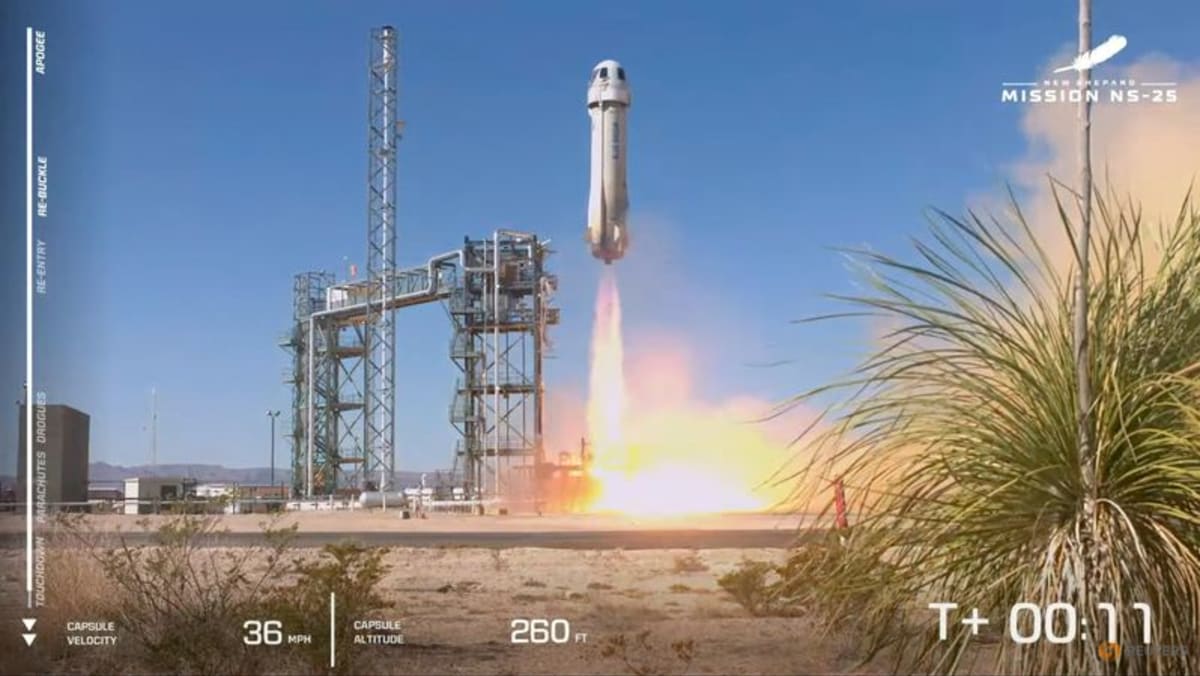DEBRECEN, Hungary: Residents of the Hungarian village of Mikepércs are protesting the construction of what will be Europe’s largest electric vehicle factory.
Concerned that the plant could harm the region’s water supply and pollute the environment, some have launched a lawsuit against the plant owner – Chinese EV battery manufacturer CATL, which commands more than a third of the global market share.
“People have asked me a few times why I am doing this,” Mikepércs resident Judit Szemán, who is among those suing CATL, told CNA.
“The truth is if no one ever speaks up or says: ‘Hey, there's a problem’, then this little country will be completely poisoned.”
Mikepércs lies on the outskirts of Debrecen, the country's second-largest city.
Residents’ concerns come as Hungary doubles down on its economic ties with Beijing even as the European Union warns against becoming too dependent on China.
PART OF “EASTERN OPENING” POLICY
The plant and an upcoming EV maker BYD’s manufacturing plant to be built in southern Hungary are the two largest projects by Chinese companies in the country since 2010.
That was when Hungarian Prime Minister Viktor Orban began actively courting Beijing as part of its so-called “Eastern Opening” foreign policy strategy.
Chinese President Xi Jinping, who is currently on a three-nation European trip aimed at boosting political and economic ties amid global tensions, travelled to Hungary on Wednesday (May 8) after wrapping up a visit to France on Tuesday.
China is Hungary’s leading foreign investor, accounting for more than one-third of the country’s foreign domestic investments.
Multi-billion-dollar investments from Chinese companies are also set to make Hungary an important global player in the EV industry.
However, there are concerns about the environmental impact of these projects and Budapest's deepening ties with Beijing.
Dr Tamas Matura, founder of the Central and Eastern European Center for Asian Studies at Corvinus University of Budapest, said many legal processes have been initiated, especially regarding potential Chinese state subsidies in the sector.
“If that goes through, there will be increased pressure on the Hungarian government not to let the Chinese build their hub within the boundaries of the European Union in Hungary,” Dr Matura added.
US$7.8 BILLION INVESTED
CATL has invested US$7.8 billion in the Mikepércs plant, which the Hungarian government said will create 9,000 new jobs. It is expected to open next year and provide batteries for all major European and Chinese automakers.
The residents who have sued CATL claim the government published conflicting studies regarding the CATL’s environmental impact in the area.
They said that an initial government assessment warned about the possibility of chemicals from the plant’s wastewater polluting nearby water bodies. However, that study was then recalled and discredited by another government assessment.
This lack of transparency, according to the mayor of Mikepércs, has eroded public trust.
Residents also believe some chemicals that will be used to produce EV batteries at the CATL plant are currently not regulated under Hungarian law, and that new laws need to be passed before the battery maker can start production there.
CNA asked CATL’s lawyers for a statement on the lawsuit during a recent hearing, but they had no comment. The lawyers also petitioned the judge not to let CNA’s cameras film them during the proceeding.
CATL said it will “strive to become a partner in the sustainable development of Debrecen and the wider region”, while Hungary’s government said it expects the company to comply with the country’s environmental laws.
However, not everyone is convinced, with some residents fearing that their farms will soon turn into wastelands.
When asked why his family had joined the lawsuit against CATL, one resident, Mr Lazlo Szemán, put it this way: “Because we don’t want to die here.”












 English (US) ·
English (US) ·  Turkish (TR) ·
Turkish (TR) ·